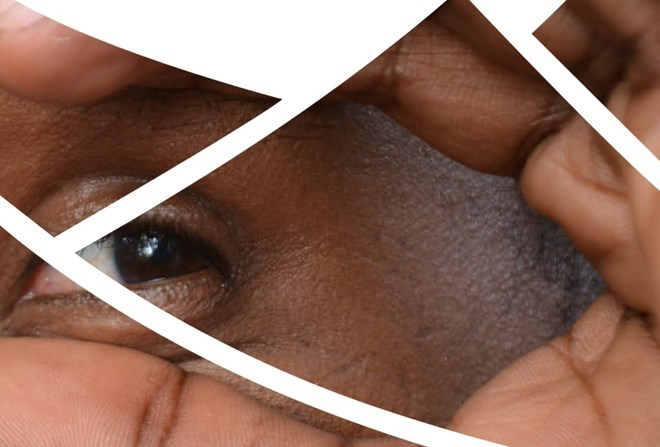
Somali-Swedish diaspora engagement shows opportunities and challenges
DIIS | April 25, 2018 | By Nauja Kleist – Diaspora groups – migrants, refugees and their descendants – are important development actors in countries affected by protracted conflict and poverty. Their assistance ranges from remittances to disaster relief and development projects, providing a lifeline in crisis and contributing to long-term processes of change. Somali-Swedish engagement is a case in point.
In a new report published by the Migration Studies Delegation in Sweden (Delmi), DIIS senior researcher Nauja Kleist examines what drives, motivates, challenges, constrains and supports such involvement. The report shows that Somali-Swedish activities in development and relief are diverse and flexible, reflecting a strong civil society engagement in both Sweden and the Somali region.
Activities are often cross-sectoral and focus on health, education, sustainable livelihoods, gender equality, human rights, and drought relief. In addition to individual households sending remittances, registered associations are the most common development actor but global networks, mosques, businesses and individual initiatives are important as well. Funding for activities range from member fees, local and global collections, and public and private donors, including matched funding to development projects.
Based on extensive interviews, Kleist further examines the working relationship between diaspora actors and the Swedish development industry, pointing to opportunities and challenges. The latter concern the question of which development areas to prioritise in the Somali region, extensive administrative procedures for application, monitoring and reporting of matched funding grants, and scepticism amongst some development professionals. However, both Somali-Swedes and development professionals alike emphasize mutual opportunities, highlighting the scale of diaspora contributions on the one hand, and the fact that Somalia is one of the main recipients of Swedish development cooperation assistance on the other. Diaspora investment, lobbying and ‘street-level diplomacy’ constitute mutual interests as well – for both parties. Indeed Kleist concludes: “The presence of a substantial diaspora group that is transnationally engaged in a region of strategic interest for the country of settlement should call for sustained engagement with this group”.
.
.
.
Xafiiska Wararka Qaranimo Online | Muqdisho
___________________________________________________
_____________________________________________________________________________________
Xafiiska Wararka Qaranimo Online | Mogadishu, Somalia
_____________________________________________________________________________________Advertisement
_____________________________________________________________________________________







